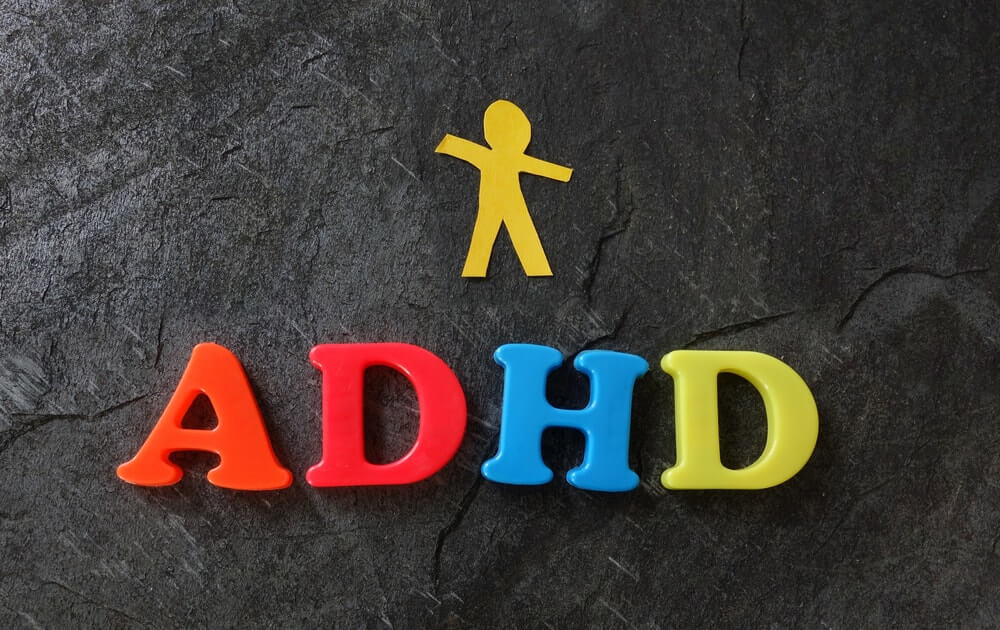
Coping with ADHD can be challenging. Attention deficit hyperactivity disorder (ADHD) makes everyday tasks like paying bills, organizing your kitchen, and keeping up with work extremely troublesome. Although ADHD symptoms vary from person to person, the common signs are impulsive behavior, an inability to concentrate, and being easily overwhelmed. Fortunately, there are coping mechanisms you can learn that can help you cope with ADHD. Coping mechanisms help you manage the symptoms before seeking treatment from an adhd specialist washington dc, for more advanced cases. This article discusses the six best ways to cope with ADHD. ADHD management strategies are not a quick-fix solution. Over time, the coping mechanism helps you manage ADHD.
1. Exercise to let off the steam
Fun and vigorous exercises are extremely beneficial for managing ADHD. Including a workout regimen in your routine helps reduce inattention and burn off the excess energy that causes hyperactivity. Keeping in mind that your brain craves novelty, you can exercise outdoors, where you constantly expose yourself to new environments. Mindful exercises such as yoga can also help let off some steam. Aim to exercise daily for the best results.
2. Organize tasks
At work, you’ll be tasked with accomplishing various assignments with deadlines. Assess what needs to be done first and accomplish it. You can prioritize tasks that have a superior impact over others. Also, with ADHD, you may find heightened concentration when working on a task with a tight deadline. You can set timers for each task to create a sense of urgency and complete them efficiently. Have a list you can check off as you accomplish each task throughout the day.
3. Eliminate distractions
With an already limited attention span, it will not help you to have distractions in between your day. Find a serene space to gather your thoughts and accomplish your tasks. You may have to move your desk to face the wall or work from the conference room if the organization allows it. Also, note any random big idea thoughts that come to mind and deal with them later.
4. Set boundaries
Learn to say no and speak up when someone infringes on your rights or goes overboard. Having clear boundaries and accompanying consequences will help you manage social relationships better. When setting your boundaries, it is best to communicate them with people who understand and accept you. Follow through with your boundaries and their consequences. It is okay to decline politely asks that interfere with your schedule or give you emotional stress.
5. Find time to decompress
Look for the time in between tough work schedules to gather your thoughts. During this time, you can have a healthy snack to boost your mood and help you unwind dramatically. Soulful music and meditation also accomplish the same goals. Unwinding before handling other tasks helps your brain increase concentration and attention.
6. Get quality sleep
Getting a good night’s sleep is difficult when you have ADHD. The lack of sleep usually aggravates the more profound symptoms during the day. Subtle changes to your lifestyle can help you get quality sleep. Avoid caffeine for several hours before bed, read a book, and exercise regularly during the day. Sometimes it’s beneficial to get comfortable bedding, such as linen or satin sheets.
Coping mechanisms reduce stress, lower distractions, and improve your concentration span. The key to managing ADHD using coping mechanisms is to infuse them into your schedule. Keep a tracker, such as a calendar or a list that can help you practice mindfulness and follow exercise regimens to manage ADHD. Find a support group on which you can always fall back when the going gets tough. If the ADHD symptoms worsen, speak to an ADHD expert for pharmacological and nonpharmacological treatments.